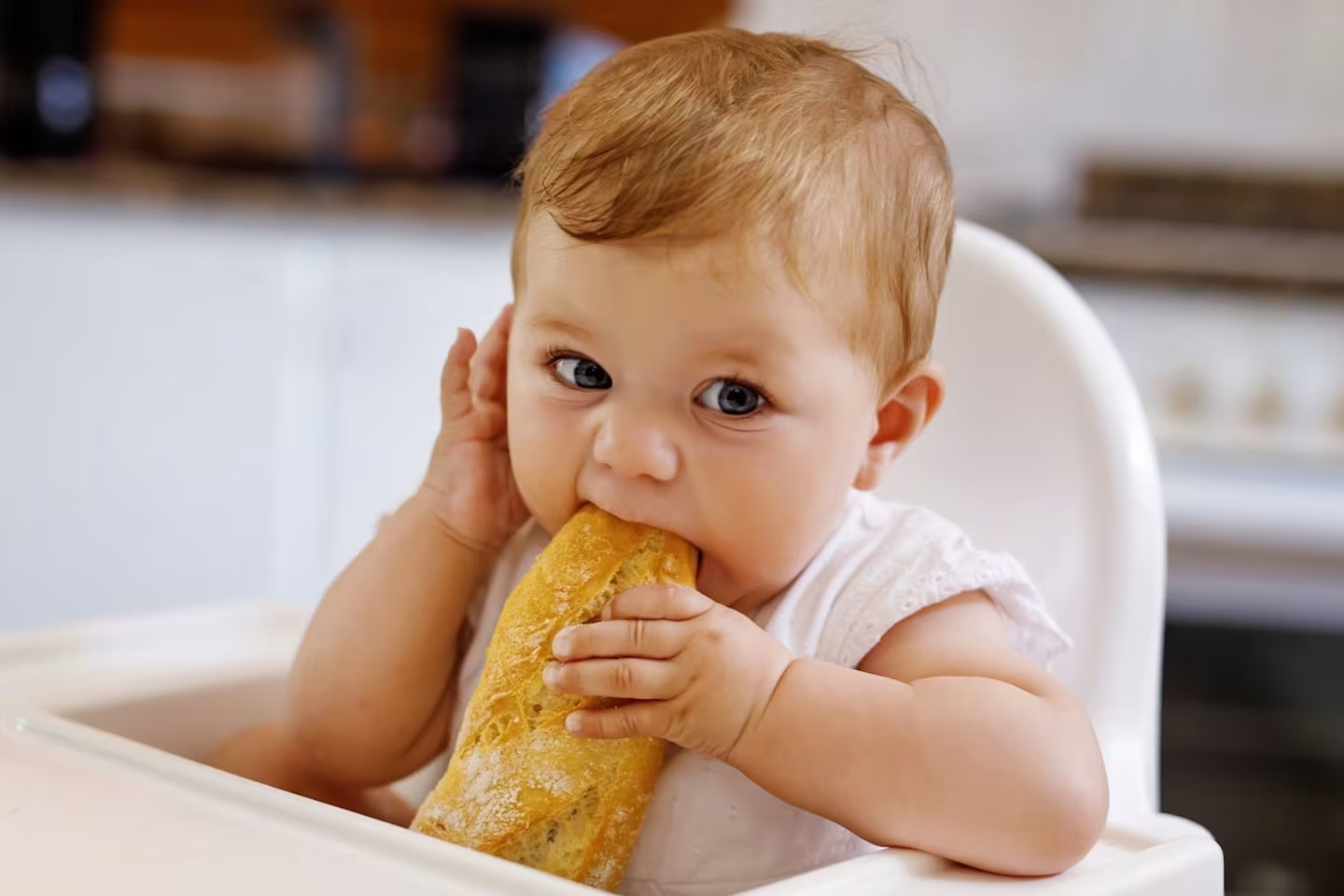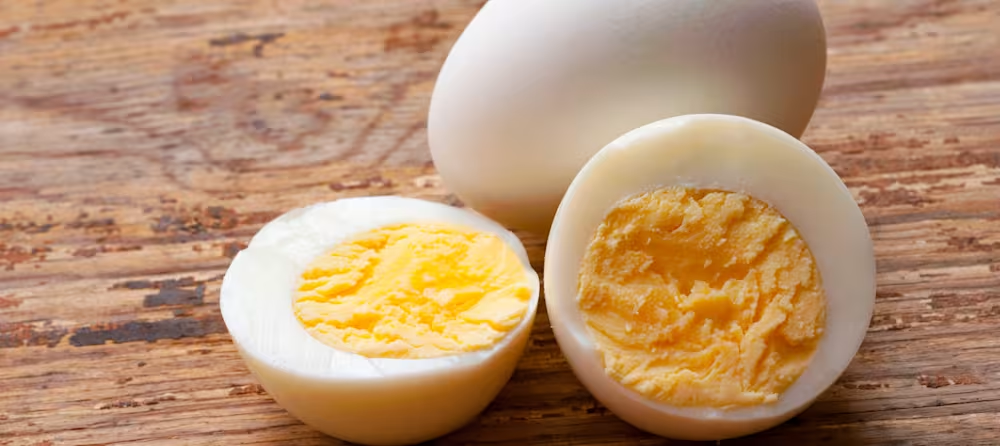How to deal with picky eating over the holidays
Updated Jan 02, 2026

Picky eating is a common parenting challenge that seems insurmountable at times, especially during the holidays. Who is this opinionated toddler who suddenly replaced your baby who would eat almost everything?
While many children go through a phase of more selective eating, the holidays tend to amplify these behaviors as the season typically brings changes in routine. Keep reading to learn how to best navigate picky eating over the holidays.
Why is my child a picky eater?
Around 18 months, many toddlers start to become more selective eaters. While it is a normal part of development, it can be worrisome for parents—especially if you don’t know what to expect.
There are a few reasons picky eating behaviors show up around this age.
Physical growth slows down (compared to the first year of life) after age 1, so toddlers don’t necessarily need as much food as before.
Toddler appetites can vary tremendously from meal to meal and day to day. Your child may eat a lot one meal and not very much the next. This variation is normal and their intake usually evens out over a week or so.
Toddlers are busy! It can be hard to sit down and focus on a meal when they want to play and explore new things.
Toddlers are naturally hesitant when it comes to trying new foods and may need many exposures to a food before they are comfortable trying it.
All of the factors above impact eating and can make you worry your toddler is picky. However, as long as they are growing normally and their eating habits are not impacting daily life, the behaviors should subside over time.
According to Katja Rowell, MD and Jenny McGlothlin MS, CCC-SLP [], authors of the book Helping Your Child With Extreme Picky Eating, severely picky eating can be described as affecting social, emotional, or physical development, and causes family conflict or worry. If you suspect your child is picky beyond what is considered typical, contact your pediatrician.
How to get your child to try new foods
The best way to combat picky eating during the holidays is to keep offering your child a variety of foods you’d eventually like them to eat. Exposure is key! Model how to enjoy those foods by eating them yourself and trust that picky eating will eventually run its course. You can help move things along by following the tips below.
Create an enjoyable meal environment
Holiday meals can be stressful, but for your toddler’s sake, keep things as enjoyable as possible. Focus on enjoying the meal together, talk about family traditions, and share stories about the food on the table. Don’t make a big deal about what they do or don’t eat.
Don’t force them to eat
Forcing your child to try a certain food may work in the short term, but will likely backfire in the long run. Research [] shows pressuring kids to eat may actually result in more picky eating. Instead, let them know it’s their choice to eat what they’d like from what is served to them.
Serve a safe food
Many of us have special foods we typically only eat during the holiday season, and while we find that enjoyable as adults, this can be overwhelming for children. Since many foods may be unfamiliar to them, try to plan a meal that includes a food your child is comfortable with. This could be as simple as bread, fruit, or a glass of milk.
Involve them in meal prep
Holidays are a great time to get kids involved in the kitchen. Kids who help cook or are involved in planning meals tend to be more likely to try the food that is prepared. Take them to the grocery store if possible to pick up ingredients and involve young toddlers in the kitchen by letting them rinse produce as well as mix together ingredients.
If you try all of these tips and your child still doesn’t eat, it’s okay. Holidays can be tough for many kiddos including picky eaters. Do your best to remain neutral and try to get back into your normal feeding routine as soon as possible. Do not create any habits you won't want to continue after the holidays, such as making your child a separate meal (also known as short-order cooking) or bribing your child to eat certain foods.
Dealing with family members who don’t understand picky eating
The holidays can be stressful for a variety of reasons -- including not seeing eye-to-eye with family members on parenting style. Remember, there are a lot of ways to be a good parent. While most people mean well as they are offering up unsolicited advice, you know your child best.
Since every situation is unique, we recommend staying focused on keeping your child comfortable. Assure them your normal feeding practices apply to the holidays, no matter what anyone else says!

Holiday food ideas for picky eaters
No two kiddos are the same and there’s no “for sure” list of foods a picky eater will eat. However, here are a few ideas that are generally accepted and tend to be easily available at holiday meals.
Simple, single-ingredient foods
Picky eaters tend to struggle with mixed foods such as soups, pasta dishes or casseroles. Instead opt for simple, single-ingredient foods such as meat, roasted vegetables or sliced fruit. If possible, serve mixed dishes deconstructed.
Milk
Think outside the plate when it comes to balancing your toddler’s meal. Cow’s milk provides filling protein and fat that easily completes a meal. If you prefer a milk alternative, soy milk usually contains the most protein and fat.
Bread
When in doubt, offer the bread basket. Seriously, most kiddos love bread and when paired with some fat (butter or olive oil) it can actually make a fairly filling meal. You could also gently encourage them to make some sort of sandwich with the other foods on their plate.
Cheese and crackers
Simply put, cheese and crackers are fun to eat and may be perfect for picky eaters! The cheese offers protein and fat, and the crackers deliver the crunchy texture many kids love.
Holidays foods to avoid serving babies and toddlers
Many of the can be enjoyed by babies and toddlers either as they are or with some simple adjustments. As always, be mindful of foods that are choking hazards such as whole nuts/seeds, hard fruits and vegetables, popcorn, hard candies, and sticky/chewy foods.
It is worth mentioning that what you serve during the holidays may be a lot different than a typical meal. That’s okay! The holiday season is the perfect time to introduce your child to foods that are important to your family and to model how food can be used to celebrate and enjoyed without guilt.
Share article:
Note: The content on this site is for informational purposes only and should not replace medical advice from your doctor, pediatrician, or medical professional. If you have questions or concerns, you should contact a medical professional.
2 Sources
Share article:











